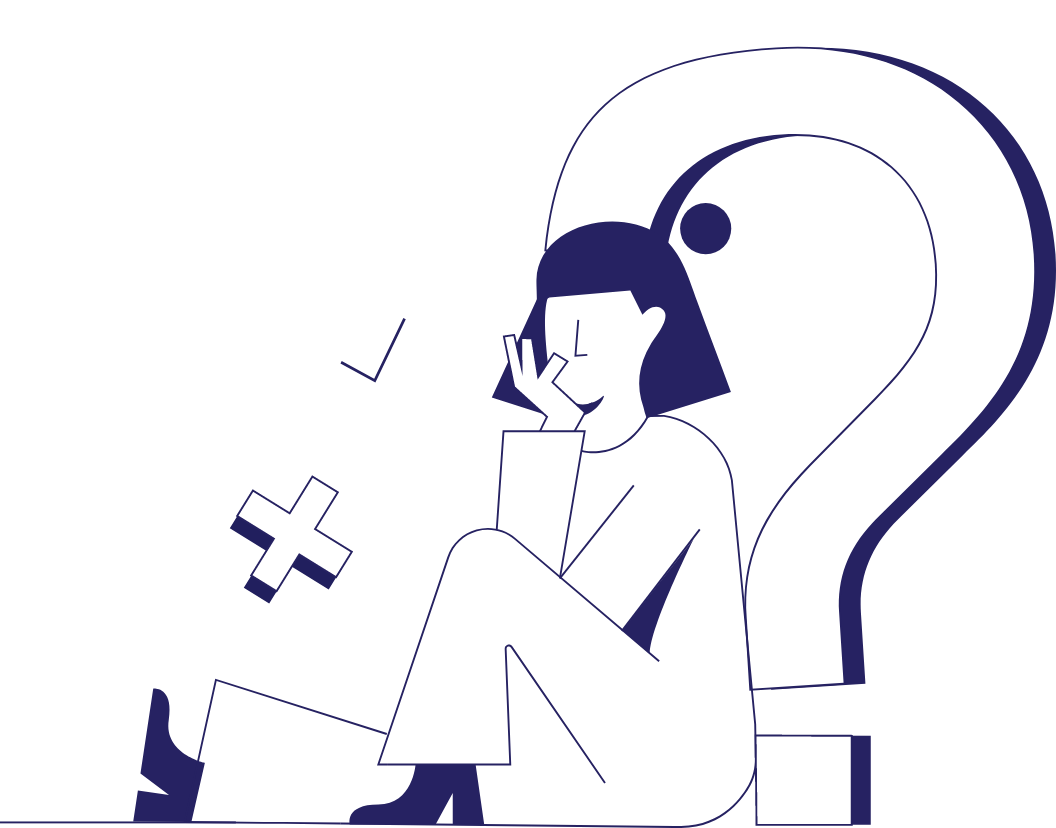
- 3-minute read
- 25th August 2021
Word Choice: Banned vs. Band
The words ‘banned’ and ‘band’ sound the same but have different meanings. As they are also similarly spelled, it can be easy to mix them up. Check out our guide below to learn how to use these terms correctly in your writing.
Banned (Prohibited or Excluded)
The word ‘banned’ is the past tense of the verb ‘ban’. It thus means ‘to have officially or legally prohibited something’. For example:
He was banned from driving for one year due to speeding.
The team banned the rowdy fans from the stadium.
The key here is remembering to add the extra ‘n’ at the end of ‘ban’ when adding the ‘-ed’ ending. This follows the doubling up rule (or 1:1:1 rule).
Band (Loop of Material or a Group)
The word ‘band’ is a noun that has two main meanings. It can refer to a strip or loop of material that is put around something, usually to hold it together or decorate it:
They wore gold bands on their left hands as a symbol of their marriage.
The newspapers were rolled up and fastened with rubber bands.
Find this useful?
Subscribe to our newsletter and get writing tips from our editors straight to your inbox.
Subscribe to Beyond the Margins and get your monthly fix of editorial strategy, workflow tips, and real-world examples from content leaders.
But we can also use it to refer to a group of people with a common interest, especially when talking about a group of musicians or vocalists:
She plays guitar in a band that performs covers of hit songs from the 80s.
And as a verb, meanwhile, ‘band’ means to ‘form a group for a mutual purpose’:
The activists plan to band together to protest the government.
The past tense of ‘band’ as a verb, meanwhile, is ‘banded’.
Summary: Banned or Band?
Although these words sound the same and are similarly spelled, they have significantly different meanings. Remember:
- Banned is the past tense form of ‘ban’, so it means ‘prohibited’ or ‘excluded’.
- Band can be either a noun that refers to a loop of material or a group of people, or a verb that means to ‘form a group’.
The biggest clue for telling these words apart is the ‘-ed’ at the end of ‘banned’, which is at the end of all regular past tense verbs (e.g. ‘planned‘ or ‘tanned‘). If you’re referring to an action in the past tense, then, the correct spelling is ‘banned’.
Hopefully, this will help you avoid mixing these words up in your writing. And if you’d like more advice on your spelling or word choice, you can try our proofreading service by uploading a trial document for free today!